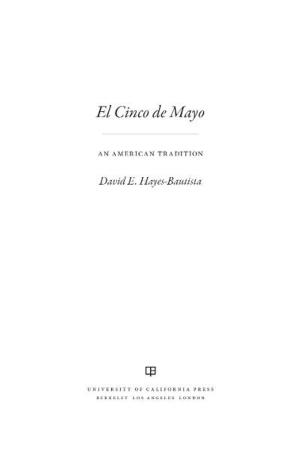Body of Victim, Body of Warrior
Refugee Families and the Making of Kashmiri Jihadists
Nonfiction, Religion & Spirituality, Middle East Religions, Islam, Social & Cultural Studies, Social Science, Anthropology| Author: | Cabeiri deBergh Robinson | ISBN: | 9780520954540 |
| Publisher: | University of California Press | Publication: | March 8, 2013 |
| Imprint: | University of California Press | Language: | English |
| Author: | Cabeiri deBergh Robinson |
| ISBN: | 9780520954540 |
| Publisher: | University of California Press |
| Publication: | March 8, 2013 |
| Imprint: | University of California Press |
| Language: | English |
This book provides a fascinating look at the creation of contemporary Muslim jihadists. Basing the book on her long-term fieldwork in the disputed borderlands between Pakistan and India, Cabeiri deBergh Robinson tells the stories of people whose lives and families have been shaped by a long history of political conflict. Interweaving historical and ethnographic evidence, Robinson explains how refuge-seeking has become a socially and politically debased practice in the Kashmir region and why this devaluation has turned refugee men into potential militants. She reveals the fraught social processes by which individuals and families produce and maintain a modern jihad, and she shows how Muslim refugees have forged an Islamic notion of rights—a hybrid of global political ideals that adopts the language of human rights and humanitarianism as a means to rethink refugees’ positions in transnational communities. Jihad is no longer seen as a collective fight for the sovereignty of the Islamic polity, but instead as a personal struggle to establish the security of Muslim bodies against political violence, torture, and rape. Robinson describes how this new understanding has contributed to the popularization of jihad in the Kashmir region, decentered religious institutions as regulators of jihad in practice, and turned the families of refugee youths into the ultimate mediators of entrance into militant organizations. This provocative book challenges the idea that extremism in modern Muslim societies is the natural by-product of a clash of civilizations, of a universal Islamist ideology, or of fundamentalist conversion.
This book provides a fascinating look at the creation of contemporary Muslim jihadists. Basing the book on her long-term fieldwork in the disputed borderlands between Pakistan and India, Cabeiri deBergh Robinson tells the stories of people whose lives and families have been shaped by a long history of political conflict. Interweaving historical and ethnographic evidence, Robinson explains how refuge-seeking has become a socially and politically debased practice in the Kashmir region and why this devaluation has turned refugee men into potential militants. She reveals the fraught social processes by which individuals and families produce and maintain a modern jihad, and she shows how Muslim refugees have forged an Islamic notion of rights—a hybrid of global political ideals that adopts the language of human rights and humanitarianism as a means to rethink refugees’ positions in transnational communities. Jihad is no longer seen as a collective fight for the sovereignty of the Islamic polity, but instead as a personal struggle to establish the security of Muslim bodies against political violence, torture, and rape. Robinson describes how this new understanding has contributed to the popularization of jihad in the Kashmir region, decentered religious institutions as regulators of jihad in practice, and turned the families of refugee youths into the ultimate mediators of entrance into militant organizations. This provocative book challenges the idea that extremism in modern Muslim societies is the natural by-product of a clash of civilizations, of a universal Islamist ideology, or of fundamentalist conversion.















